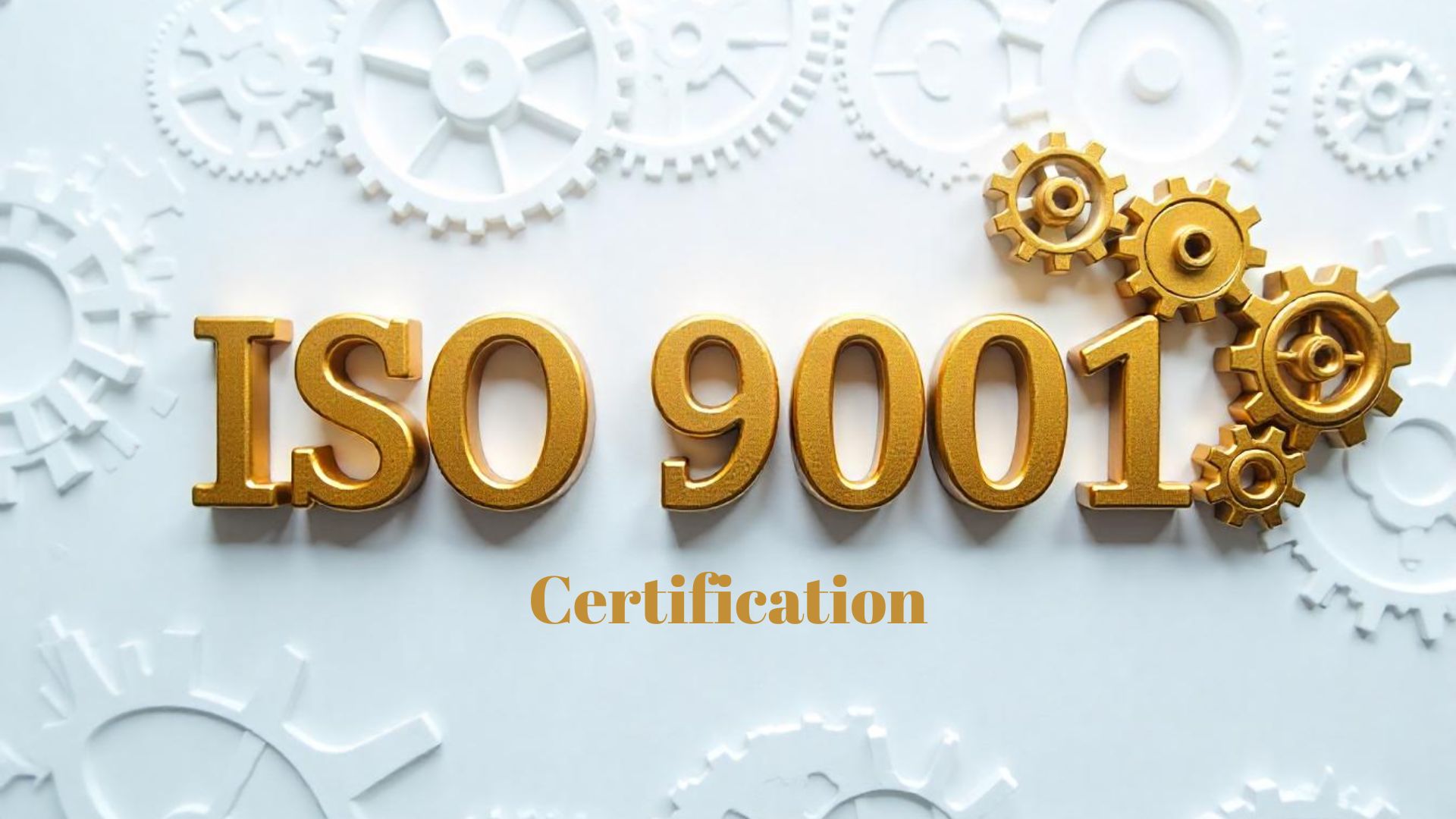education

May 21,2025 • 3 min read
ISO 9001 Certification: A Pathway to Quality Excellence

Introduction
ISO 9001 is one of the most widely recognized standards for quality management systems (QMS) globally. Developed by the International Organization for Standardization (ISO), it outlines the criteria for organizations to establish and maintain a system that ensures consistent delivery of products and services that meet customer expectations. ISO 9001 certification demonstrates an organization's commitment to quality, continuous improvement, and customer satisfaction, and is applicable to businesses of all sizes and industries.
What is ISO 9001 Certification?
ISO 9001 certification is a formal recognition that an organization has implemented a quality management system that meets the requirements set by ISO. The standard focuses on improving customer satisfaction, operational efficiency, and product quality. It is based on several key principles, including a customer-focused approach, leadership commitment, staff engagement, and process-based management. ISO 9001 applies to organizations in all sectors, whether they provide products or services, ensuring they have the processes in place to consistently meet quality standards.
Key Principles of ISO 9001
ISO 9001 is built on several principles that guide organizations toward achieving quality excellence. These include:
-
Customer Focus: Understanding customer needs and striving to meet or exceed their expectations.
-
Leadership: Providing clear direction and fostering an environment where employees can contribute to achieving quality goals.
-
Engagement of People: Encouraging employee involvement and utilizing their skills to improve processes.
-
Process Approach: Managing activities and resources in a systematic way to achieve desired outcomes.
-
Improvement: Focusing on continuous improvement to enhance performance.
-
Evidence-Based Decision Making: Making decisions based on data and factual analysis.
-
Relationship Management: Building strong relationships with suppliers and partners to enhance mutual success.
These principles provide a framework for organizations to enhance quality and ensure customer satisfaction.
Benefits of ISO 9001 Certification
ISO 9001 certification brings numerous advantages to businesses. It enhances an organization’s reputation by demonstrating a commitment to quality and customer satisfaction. Certification also helps streamline operations by identifying inefficiencies and implementing processes that improve productivity. Additionally, ISO 9001-certified organizations are better equipped to handle customer complaints, reduce errors, and maintain consistent product quality. The certification can also open new business opportunities, as many clients and partners prefer or require ISO 9001 certification before engaging in business.
Challenges in Achieving ISO 9001 Certification
While the benefits of ISO 9001 certification are significant, the process can present challenges. Achieving certification requires a significant investment of time and resources to develop and document processes, train employees, and undergo audits. Organizations must also continuously monitor and improve their processes to maintain certification, which can involve additional costs. However, the long-term rewards, such as improved efficiency, higher customer satisfaction, and a stronger market position, often outweigh the initial challenges.
Conclusion
Sertifikat iso 9001 is a powerful tool for organizations aiming to improve their quality management practices and customer satisfaction. By implementing a structured system that focuses on continuous improvement and meeting customer needs, businesses can streamline their operations and boost their reputation. Despite the challenges involved in obtaining and maintaining certification, the benefits in terms of operational efficiency, customer trust, and market competitiveness make ISO 9001 a valuable investment for any organization seeking long-term success.
aaronalton Details
User Profile
- Full name
- aaronalton
- Email address
- aaronalton97@gmail.com
- Join Date
- 2025-05-02
- State
- City
- Pincode
- Address
- Follow us on Facebook
- Follow us on Twitter
- Website Name
- Bio